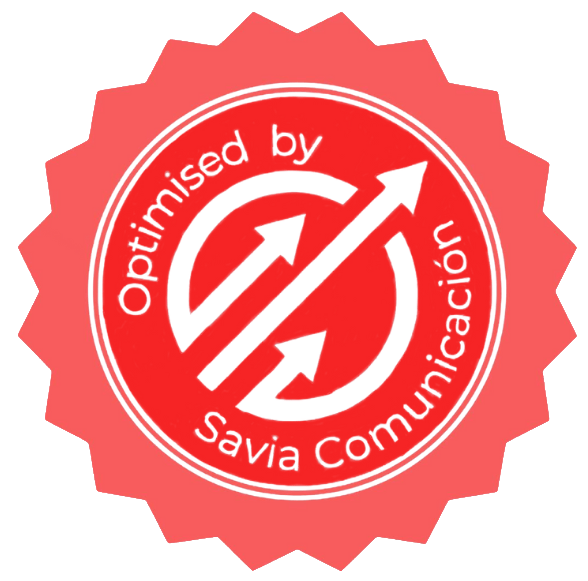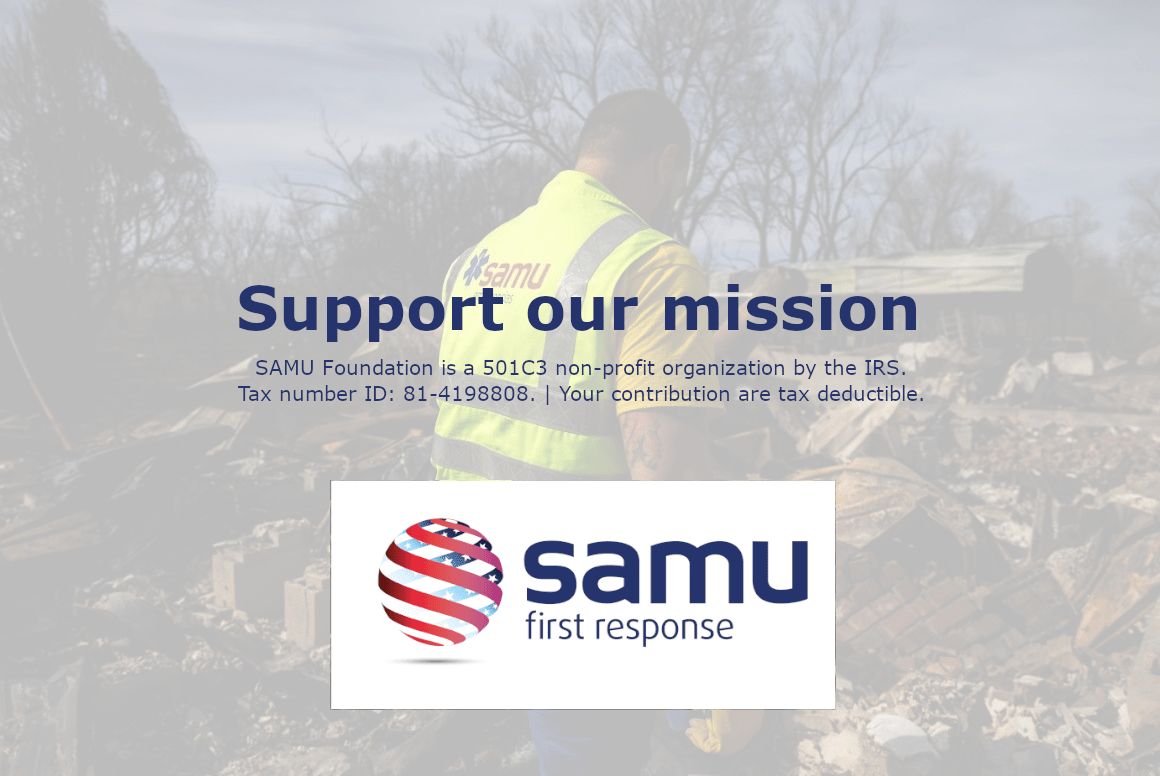A Culture of Recognition
In January 2023, 3.9 million employees resigned from their jobs in the United States. According to the U.S. Bureau of Labor Statistics, that’s actually a decrease in employee loss over the previous 14 months. Each month since November of 2021, the U.S. job market has suffered the loss of more than 4 million voluntary separations initiated by employees. It’s being called the “Great Resignation”. What can companies, including SAMU, do to increase retention?
The answer is recognition.
“I’m a big advocate of using recognition on a daily basis,” Dr. Bob Nelson, author of 1,001 Ways to Reward Employees, told Business Insider in March of 2015. Nelson co-founded Employee Appreciation Day with his publisher nearly three decades ago.
“By no means is Employee Appreciation Day meant to be this one day to thank people or this one day to bring in doughnuts,” he explained. “But I did want to have one day where we could call attention to the topic and have conversations about its importance.”
In Gallup’s “State of the Global Workplace: 2022” report, the Washington, D.C.-based management consulting company revealed that only a third of workers feel engaged, with 19% reporting they are miserable at work. These figures come in the aftermath of a massive shift during Covid toward more work-life balance, so what is driving this dissatisfaction?
Employees reported their chief complaint to be “unfair treatment at work.” Gallup’s report includes several factors that contribute to that takeaway, including lack of community and contribution acknowledgment. In fact, a survey by PlanBeyond, a Seattle-based market research company, found that feeling undervalued significantly eclipsed compensation as the top motivational factor for quitting across age and gender demographics. Gallup reported other factors contributing to employee job dissatisfaction as unmanageable workloads, lack of clarity in communication and support from managers, and overall burnout.
“A lot of employees today — and particularly the younger generation — expect to be recognized on a daily basis,” Dr. Nelson told Business Insider. “It’s not because they want to be pumped up or because they have a frail ego, it’s because they’re smart enough to realize that in the fast-moving and dynamic times we’re in today, you have to have a steady stream of feedback.”
Unfortunately, disengaged employees impact the bottom line whether they leave their job or not. Employees who are not engaged in the workplace cost the world $7.8 trillion in lost productivity. Turnover is also expensive. In a 2017 retention report published by the Work Institute, the cost of turnover was estimated to be nearly a third of a worker’s annual salary. Given this, addressing job satisfaction and retention must be of critical importance to employers.
Great Place to Work bills itself as, “the global authority on workplace culture.” In a blog post from early March, they defined several areas where employers could recognize their workforce, including achievements, exhibiting desired behaviors, going above and beyond expectations, and employee milestones, such as length of service. The article highlighted O.C. Tanner, a global leader in software and service that is highly rated by Great Place to Work, for conducting an internal survey that asked employees a simple question: “What is the most important thing that your manager or company currently does that would cause you to produce great work?” The answers were surprising. Three percent wanted a promotion. Seven percent a raise. But a whopping 37% said they were motivated by recognition.
The post gave the following tips on employee recognition when attempting to create a culture of recognition in the workplace.
- Be specific, be relevant. Tie recognition to a specific accomplishment or business objective. Relating the recognition to the behavior encourages more of the same, something Dr. Nelson mentioned in the Business Insider article: “What you reinforce, you will get more of. It is absolutely guaranteed.”
- Be timely. Recognition needs to be prompt to be seen as authentic.
- Recognition comes in many shapes and sizes. Recognition doesn’t have to be financial or extravagant. It can be a gift card for coffee at a local coffee shop, company swag, or even just a certificate of appreciation.
- Little things go a long way. Managers don’t need a special occasion or act of service to thank their employees. Peer appreciation is also highly motivational.
- Connect to the bigger picture. Recognition helps employees see how their contribution strengthens their team and the larger organization. Great Place to Work stresses the importance of this particularly in times of growth or change, which reinstills a sense of safety and reminds employees of their importance to the mission.
Because SAMU First Response cares deeply about making sure our team understands how valued they are, we wanted to highlight the contributions of several Service Specialists from our Respite Team in this month’s article. We hope you enjoy getting to know some of our staff and why they love working with SAMU.
Ivone

“My main job here is [providing] service to people,” Ivone said, pointing to tasks such as dispensing medicine, clothing, shoes, information and food. She shares that she believes if she
does things with love, that’s what she is going to get in return. Recognition plays a role in her job satisfaction, and she gets a lot from SAMU’s guests, who often give her blessings. “My favorite part of my job is when people smile and say thank you.”
She remembers getting to work with the children staying at the center, a part of the job she really enjoyed. They loved the positive reinforcement as well. She would see parents telling their kids to get up if they were having a temper tantrum on the floor. Many had experienced incredible trauma and, to Ivone, this was part of their processing those experiences. “I like when they are allowed to just feel,” she said.
There were three guests she remembers in particular. Little girls from Russia in a center where most, including Ivone, spoke mostly Spanish. She taught all of the kids a song in Spanish and these girls were able to learn it as well. “That was the part where I had an important connection,” she said. “I was able to reach them, even though they spoke another language.”
“A lot of people say, ‘You remind me of my mom’,” Ivone explained. “They saw me like a mom. That means that I am doing a good job. It makes me proud of myself … of what my parents taught me to do in my life.”
Anyi

“My favorite part of my job is helping people,” Anyi said, who is involved with arranging travel for arriving migrants. She says it has been surprising how open people have been in sharing their stories with her.
She shared being particularly impacted by the mothers who are separated from their husband’s at the border. For some, their story takes a tragic turn as they learn the family’s main breadwinner has been deported. They face being in a strange country alone, homeless, with two, three or five kids to feed. But there are silver linings, like one mom from Columbia. “We were able to connect them to a program locally that provided support to help her with housing.”
Anyi is the mother of a beautiful, bubbly, 15-month-old miracle child. After being told she would never be able to have a child, her son Angel came into her life and changed everything. She says she would do anything for him, which is why Anyi understands how parents make the agonizing decision to take this journey, despite the dangers. Angel has made her realize how precious our children are, and how desperate those who are coming must be to put that child in harm’s way.
She remembers a mom with five kids, her youngest the same age as Angel. The family faced a critical point after making their way through the Darién Gap with no food or water left. The baby became unresponsive, yet, somehow, they were able to get him to a hospital. The doctor told them if they had not arrived when they did that the child would have died.
“My baby is my life, my everything;” Anyi said. “I could not do what she did. They are taking a huge risk to have a better life. When I speak with the [guest] and we find an organization that can help them … just seeing their face, their happiness when they are going to a good place, a safe place — that fills my heart.”
Nathalie

Nathalie is a Service Specialist at the Respite Center. The team has found she has a special gift for event planning, which was most recently demonstrated with a Zumba class and live serenade in honor of Día de la Mujer. She also works with children staying at the facility. Natalie remembers a young girl who came to her to ask for special cream for her hair. That struck a chord.
“When I arrived here in the United States, I tried to find the best products for me and nobody advised me,” She said, remembering going to a local pharmacy and the struggle of trying to find what she needed without being able to speak English very well. She was grateful to be able to help this guest with getting the right products for her hair.
“For me, this job is something personal,” Nathalie said. “I want to be here because I know how difficult it is to arrive here.” But that’s not the only reason she has been able to connect on a deep level with guests.

“I am a domestic violence survivor. My ex-husband abandoned me when we arrived. He took my daughter away from me, too.” Nathalie fought hard to get her daughter back, and has turned her experience into a resource at SAMU when encountering guests in similar situations. She shares her personal story with them when they express worry about next steps.
“I started from the beginning here,” Nathalie tells them. “No food, no friends. From my experience, I swear everything is going to be different.” Sometimes the guests listen and lean in to get support. Other times, they are not ready to leave their partner.
“When women ask for help here, I feel the pressure to try to help — even take them home. I feel obligated to help them,” She said. But Nathalie also realizes that isn’t a possibility, that the best thing she can do to help is connect them with resources. Tell them how the system works here in the United States. Being able to do even that much is a win in her book.
“One of my goals was to have a job like this,” Nathalie said. “This job here makes me happy. It’s the first time I wake up in my life and I am happy to go to work. I feel like I am going to change somebody’s life.”
Although the stories of only three team members were featured here, the management team would like to tell each SAMU employee how much their work is valued. You are an incredible asset to our mission and your dedication is what makes this organization strong. YOU are SAMU.
Please follow SAMU First Response on social media to meet more of our employees and learn about their SAMU story.



